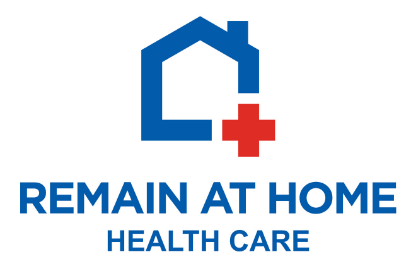When legendary Tennessee women’s basketball coach Pat Summit divulged last October that she had been diagnosed with early onset dementia, a familiar face was matched with a condition that many Americans have come to know all too well. Like countless others, I was saddened by the news. But to hear her speak about the road she is about to endure with such a hyper-positive attitude honestly gave me goose-bumps. She’s a winner. No doubt.
Here are some important stats that you need to know: In 2006 estimated that 220,000-640,000 Americans suffer from early onset dementia. But according to The Mayo Clinic, there are explicit reasons for this glaringly huge phenomenon – I was surprised to find that the research indicates a large number of reported cases are from “co-morbid” diseases that include multiple sclerosis, Huntington’s disease, lupus or HIV.

Brian Carrigan
Founder & Co-Manager
An occasional bout of forgetfulness, especially among the elderly, isn’t necessarily an indication you have dementia. No need to freak-out if you forget where you placed your car keys. You’re a busy person. We all get distracted. But if sixty-five-ish or older, a quick and very basic checklist of symptoms and behaviors may be in order.
Although dementia often first appears as forgetfulness, symptoms manifest themselves in a number of areas, including language, memory, emotional behavior, personality, perception, and cognitive skills like calculation, judgment or abstract thinking.
The National Library of Medicine further reports that mild cognitive impairment (or MCI) is the connection between forgetfulness and dementia. Symptoms of MCI include difficulty at multi-tasking, difficulty with decision making or problem solving, forgetting recent events or conversations, self-neglect and taking longer to perform some mental activities. From my experience in the field of geriatrics, these are the tell-tale signs.
Here’s a wrench: Although the symptoms may be similar, early onset dementia and early onset Alzheimer’s are not one and the same – although they are often-times regarded as such. Alzheimer’s is the sixth-leading cause of death in this country and is the most common form of dementia, but early onset Alzheimer’s (clinically speaking, Alzheimer’s that occurs before the age of 65) surprisingly (again), only affects between 5-10 percent of those who have dementia.
Dementia and Alzheimer’s are frequently confused and misdiagnosed but as a medical community, we’re getting better and a full-out sprint for a cure is afoot – better still, the good news is that the American Health Assistance Foundation reports that some 70 percent of those diagnosed with Alzheimer’s receive care at home, an important factor for Americans who want to remain in familiar surroundings as they age.
If you think you or someone in your family may have symptoms indicating early onset dementia or early onset Alzheimer’s, alert your physician of your concerns. Those who are affected most often do not know – such is the diabolical nature of this awful affliction.
Some cases of dementia, however, are treatable (or even reversible), and the progression of early onset Alzheimer’s can be often slowed with medication – timing is so paramount. The earlier one starts on the prescribed medication, the better chance of maintaining optimal cognitive functionality.
Although Pat Summit recently announced her retirement after nearly 40 years at the helm of the Lady Volunteers, she has vowed to continue her fight against the disease and she stands tall as an inspiration to anyone touched by dementia and Alzheimer’s. Onward. Upward, Ms. Summit.



